Public Space
Special Sessions Venue: R1-Cine Alfredo Pareja- United Nations Human Settlements Programme (UN-Habitat).
- UN-Women,
- Convention on Biological Diversity (CBD).
- Antonia Agreda LIDER PUEBLO INDIGENA CABILDO INIDGENA INGA Colombia
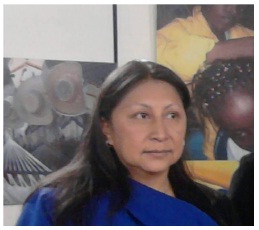
- Carol Archer Associate Professor University Of Technology Jamaica

- Cecilia Andersson Public Space Programme Urban Planning And Design Branch UN-Habitat
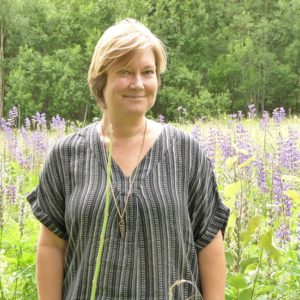
- Emiliy Mohohlo SDI Management Committee Slum Dwellers International South Africa
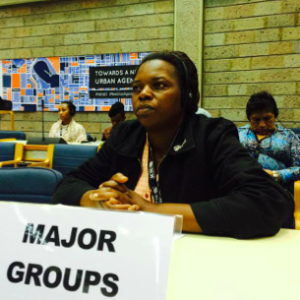
- Evans Kidero Governor Of Nairobi

- Juana Corman WIEGO - Women In Informal Employment: Globalizing And Organizing WIEGO per
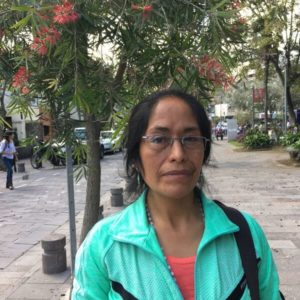
- Lakshmi Puri Assistant Secretary-General Of The United Nations And Deputy Executive Director Of UN Women UN Women

- Laura Petrella Leader City Planning Extension And Design Unit United Nations Human Settlements Programme (UN- Habitat) Italy
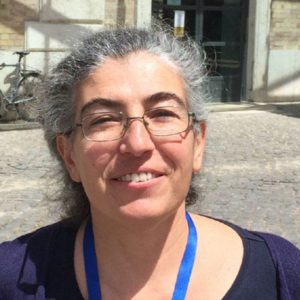
- Maimunah Mohd Sharif Municipal President Of Seberang Perai Municipal Council Of Seberang Perai Malaysia
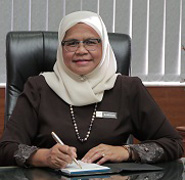
- Michael Mehaffy Chair Future Of Places Research Network United States of America
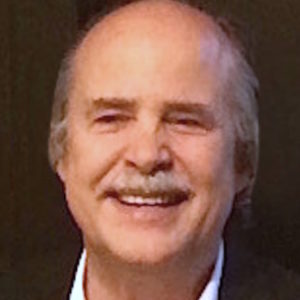
- Mr. Guillermo Fernández-Maldonado Deputy Representative Office In Colombia Of The United Nations High Commissioner For Human Rights Peru
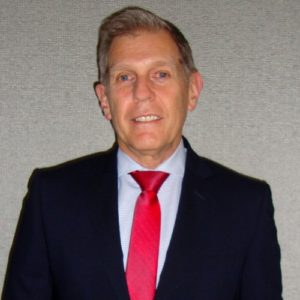
- Ms. Nohelia Vice President Of The Cantonal Council For Children Of Cayambe Plan International Ecuador

- Oliver Hillel Programme Officer Programme Officer Secretariat Of The Programme Officer Secretariat Of The Convention On Biological Diversity (CBD)on Biological Diversity (CBD)

- Patricia Cortes Special Assistant To Deputy Executive Director On Strategic Partnership And Inter-governmental Support At UN Women

- Peter Eriksson Minister Minister For Housing And Digital Development Sweden

- Shi Nan Secretary-general And Vice President Urban Planning Society Of China (UPSC) China

- Shin-pei Tsay Executive Director Gehl Institute United States of America

Public Space Led Urban Development
Cities that improve the quality of life for their citizens experience higher levels of prosperity; they are also likely to find themselves more advanced in terms of sustainability. Such cities strive towards social equity and gender equality by increasing access to the urban commons and public good, preventing private appropriation and expanding the scope for improved quality of life for all. Cities that have a strong notion of the ‘public’ demonstrate a commitment to an improved quality of life for their citizens by providing adequate street space, green areas, parks, recreation facilities and other public spaces. Public spaces are a vital ingredient for successful cities. They help build a sense of community, civic identity, and culture. Public spaces facilitate social capital, economic development, and community revitalization. The liveliness and continued use of public space leads to urban environments that are well maintained, healthy, and safe; it makes cities attractive places to live and work. Promoting socially inclusive, integrated, connected, accessible, gender-responsive, environmentally sustainable, and safe public spaces is key to the success of the New Urban Agenda. Good quality public space provides connectivity and accessibility to people, protection from crime, and shelter from weather and traffic .Cities and local governments should work in partnership with a range of stakeholders, organizations, civil society (taking into consideration indigenous people, women’sand grass roots women’s organizations), academia, and the private sector to ensure inclusive, safe and accessible public spaces for all.
The enabling components of the New Urban Agenda are mutually reinforcing and vital in ensuring prosperous cities. Rules and legislation protect access to public spaces, urban planning, and design provides adequate quantity and good quality public space and urban finance and economy share values, promotes income, investment, wealth creation, and provides employment and job opportunities for all. When planning focuses on providing an adequate public space structure in terms of supply and connectivity, it is possible to move forward with infrastructure, land subdivision and development in a much more efficient and sustainable way. Streets and public spaces need to be planned first with a view of supporting adequate urban density and connectivity. The link between public space and urban development is critical and needs to be understood in each context and legal framework in order to prevent the creation of mismanaged and unimproved open spaces and/or public space deficiencies common to many cities.
Guiding Questions
· What are the key methods for improving public spaces that can contribute to the implementation of the New Urban Agenda?
· Propose practical actions on how to mobilise, create, secure and protect public space
· What are the fundamental policy recommendations needed to ensure public spaces are safe, healthy, liveable, and inclusive?
· How can we finance the creation, protection, and revitalisation of public spaces? What are the key transferable financial models for ensuring proper financing of public spaces in cities?
· What mechanisms exist to support local authorities in adopting an integrated approach to creating liveable, healthy, and inclusive public spaces?
· What tools are needed to support local authorities and governments in driving the New Urban Agenda and promoting safe, inclusive, and accessible public spaces that enhance the quality of urban life for all?
· How can we ensure citizen participation (especially the most vulnerable) in the creation, design, and management of public spaces and ensure that communities really benefit from public space regeneration?
· Any key recommendations for the implementation of the New Urban Agenda on public space issues?
